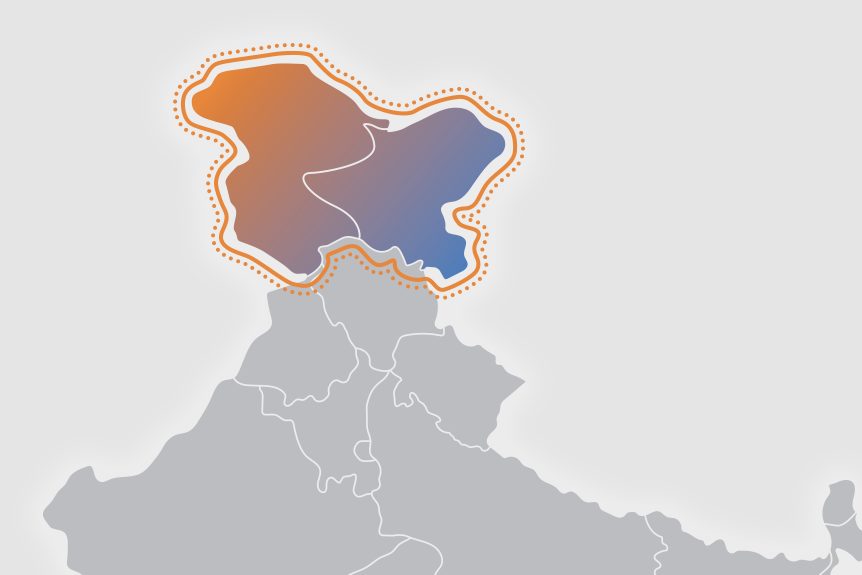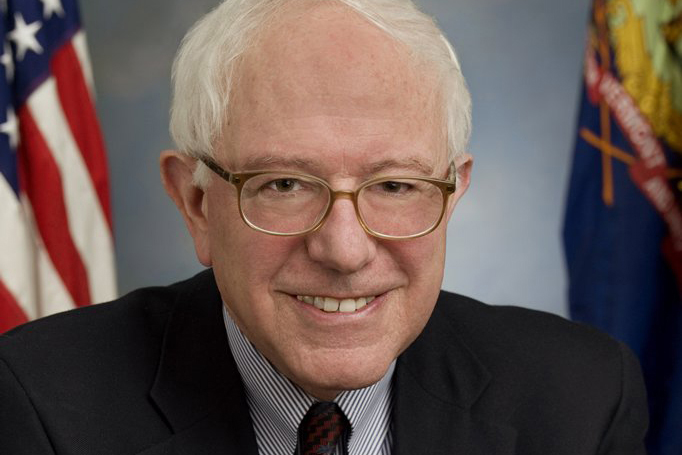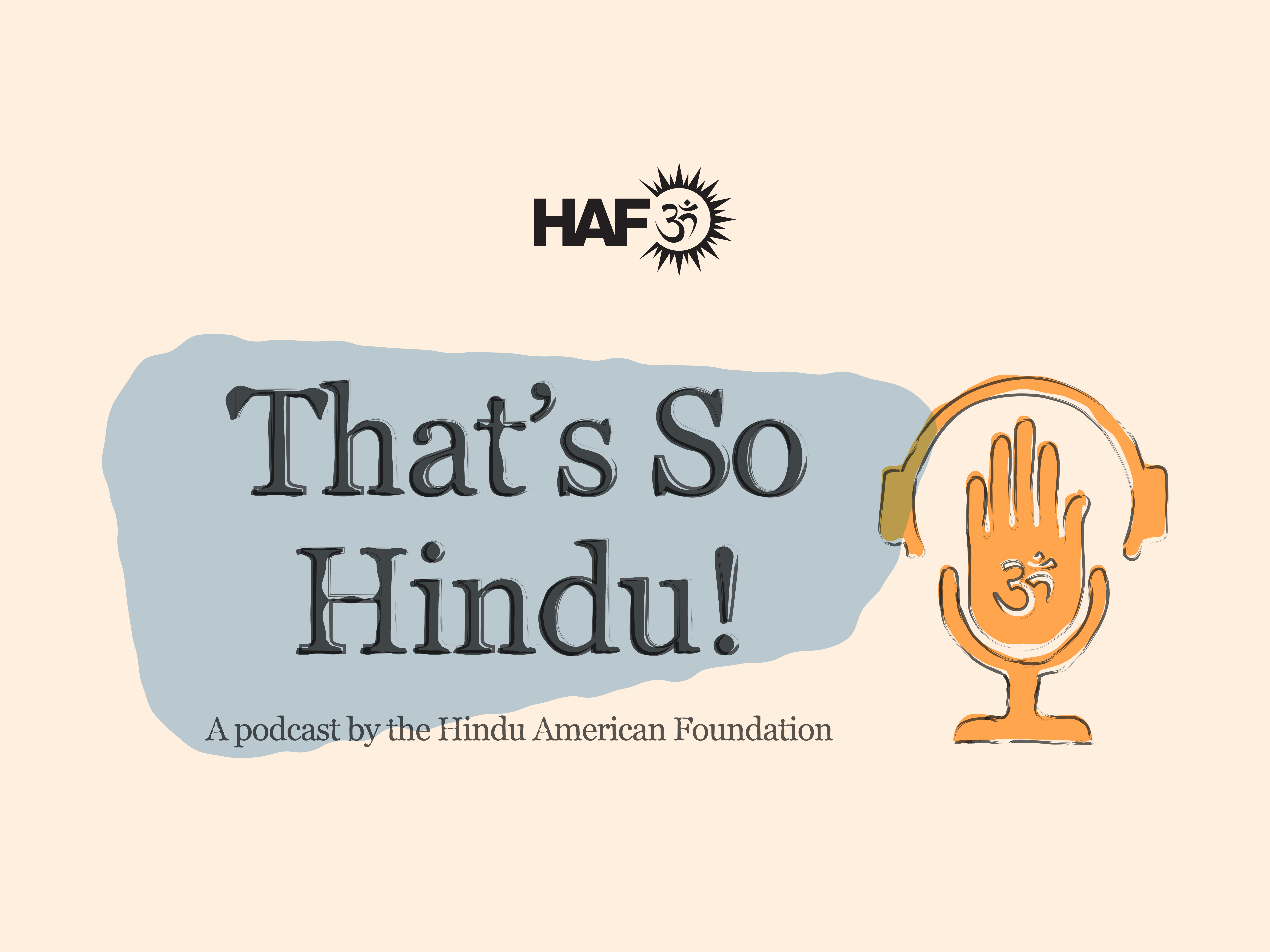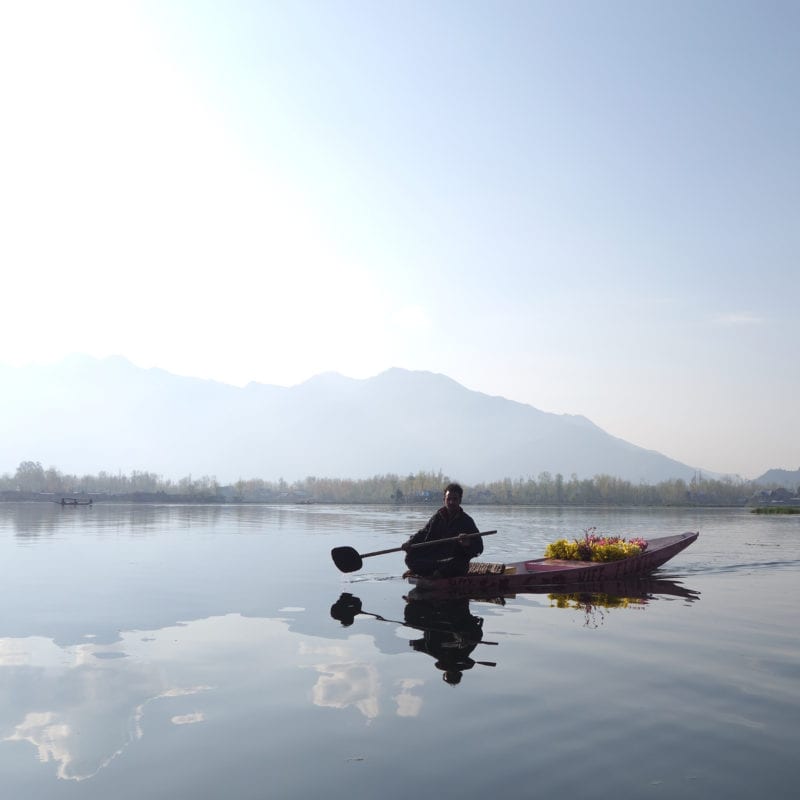
The following is a guest post by Venkat Nagarajan.
Since August 5th, when the special status of the Indian state of Jammu and Kashmir was revoked, there have been numerous opinion articles in the American media that have heavily criticized and chastised the Government of India and anyone that shares the government’s perspective. One Los Angeles Times opinion article titled “Trump’s Silence on Kashmir Sends a Dangerous Signal to the World’s Autocratic Leaders”, described the events of August 5th as illiberal and compared it to Russia’s annexation of Crimea. Another, in the New York Times, titled “The silence is the loudest sound”, referred to the events of August 5th as the actions of a rogue government. A third, in the Atlantic Magazine, titled “Modi’s Kashmir Decision is the Latest Step in Undoing Nehru’s Vision”, instead of focusing on the events of the day, resorted to insulting and demeaning India’s dominant political party, the BJP, and anyone who shares its vision for Jammu and Kashmir and India as a whole. As a Hindu-American I was deeply upset and offended by these articles.
Factual inaccuracies and omissions were most prevalent in the LA Times and New York Times articles. For example, the LA Times article referred to the events of August 5th as illiberal and undemocratic. Such a characterization is tenuous given that the actions of August 5th seek to equalize the rights of all citizens of the state of Jammu and Kashmir. The Hindu refugees from West Pakistan and others, who have been deprived of voting and property rights in the state, will now obtain those fundamental rights that were denied to them under the state’s special status regime. Further, the more than 350,000 Hindu Pundits of the Kashmir valley, who were ethnically cleansed by Islamic radicals and terrorists backed by Pakistan, may now be able to safely return to their home. Lastly, the removal of the special status frees the people of Jammu and Ladakh, whose rights and wishes have been curtailed since the inception of the state’s special status regime, from the political hegemony of the Kashmir valley. Can anyone who considers these outcomes characterize the events of August 5th as illiberal and undemocratic?
The New York Times article, which referred to events of August 5th as the actions of a rogue government, also had its share of factual inaccuracies, but its conspicuous omissions were more concerning. The article made reference to India’s failure to hold a referendum to ratify the accession of Jammu and Kashmir to India; however, the article conspicuously failed to mention that the referendum or plebiscite was never held because Pakistan failed to satisfy the pre-conditions for the plebiscite by failing to pull its military forces out of Kashmir and by illegally ceding a portion of the region to China. Additionally, the article claimed that Kashmiris feared being swept away by a tidal wave of triumphant Indians, without qualification. Although the fear may be truly held by some, such a claim should be qualified by stating that the Hindu Pundits of the Kashmir valley, the Hindus and Buddhists of Jammu and Ladakh fully support the Indian government’s move in Kashmir and are celebrating it with great joy. A survey conducted by CNN News 18 shows that 84% of the residents of the state-supported the removal of the special status for the state of Jammu and Kashmir. If open-minded and reasonable readers of this article were informed about these omitted facts, they would have dismissed the author’s claim that the events of August 5th were the actions of a rogue government.
Factual inaccuracies and conspicuous omissions were not an issue with the Atlantic Magazine article, as the author’s primary focus was maligning India’s BJP governments (national as well as state) and anyone that shares any of the governments’ perspectives. Given the focus, the author discussed the events of August 5th in a cursory manner and went on to malign his targets. He did this by contrasting the current BJP national government with that of Congress government of India’s first Prime Minister. Through his superficial comparison, he concluded that the vision of India’s founding government was secular and scientific, whereas the vision of the current government is sectarian and parochial. The author then insinuated that the BJP governments and the hundreds of millions of Indian citizens that voted for them are overwhelmed with fanciful ideas and obsessed with drinking cow urine for maintaining good health. This preposterous claim was supported by flimsy evidence.
Malicious comments are also present in the New York Times and LA Times articles, but the level of maliciousness is restrained when contrasted to the article in the Atlantic Magazine. The LA Times article compared the events of August 5th to the annexation of Crimea by Russia. This comparison is disingenuous as Jammu and Kashmir was already a part of the Indian union. Further, the withdrawal of Jammu and Kashmir’s special status and reorganization of the state was done through a democratic process that was supported by large majorities in both houses of the Indian Parliament. Further, these actions are supported by a large majority of Indian citizens and a large swath of the people of the former state of Jammu and Kashmir. The New York Times article made a malicious claim that the Indian government overran the state of Jammu and Kashmir with half a million soldiers to counter a handful of terrorists. This statement is highly misleading and understates the extent of terror in Kashmir. Soldiers have been deployed to Kashmir to deal with local and cross-border terrorists (as of the end of August 2019, 139 terrorists had been killed), the ceasefire violations by Pakistan(as of the end of August, 2019 1889 violations have occurred), as well as the protests and violence fomented by separatists and other vested interests, who are the primary beneficiaries of the special status regime.
It is highly unfortunate that opinion articles with factual inaccuracies, conspicuous omissions, and offensive or bigoted statements are proliferating American and Western media. It is high time that fair-minded Americans started writing these offending media outlets to demand fair, balanced and honest presentation of the issues surrounding the status of Jammu Kashmir. More importantly, fair-minded Americans should also send a strong message to Atlantic Magazine’s Editor in Chief indicating that they will not tolerate the wild and bigoted insinuations such as the ones promoted by one of its senior editors in the article titled “Modi’s Kashmir Decision is the Latest Step in Undoing Nehru’s Vision.”








































